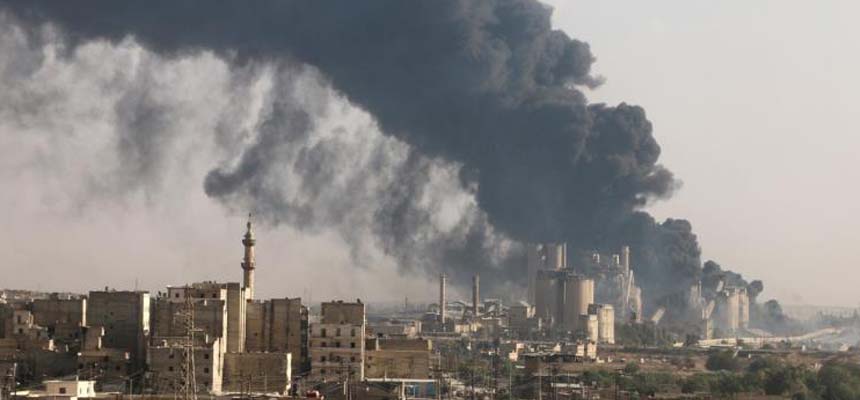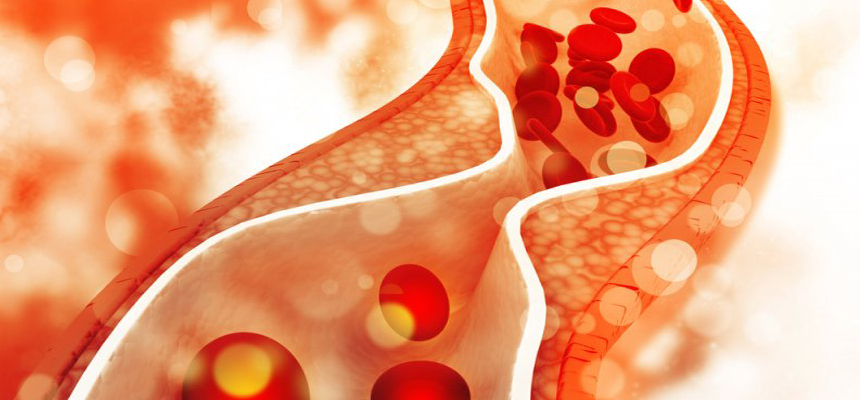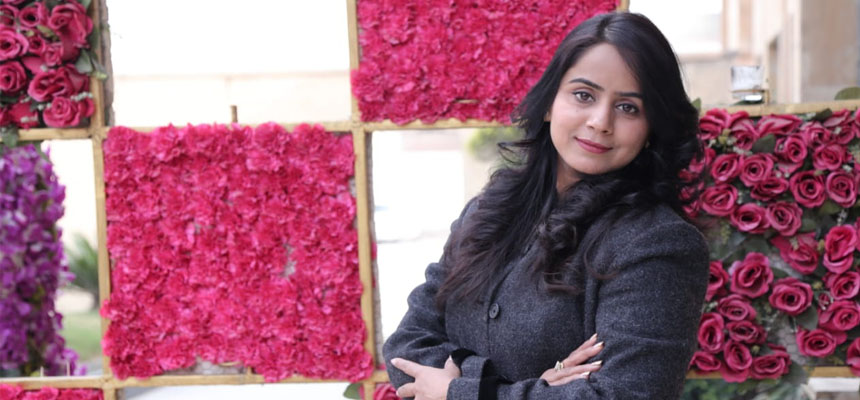Delhi’s winter air scare

Zabol in Iran holds the dubious distinction of being the most polluted city in the world.
This as per a 2016 WHO study of outdoor air pollution levels in of 300 cities across 103 counties in the world.
Indian cities aren’t very far behind in the list; in fact, Delhi stands in the 11 th place. And the concentration of harmful PM spikes even further during winter in the city.
![]() Why does the Air Quality Index (AQI) in Delhi go from ‘poor’ to ‘very poor’ to ‘severe’ as winter sets in?
Why does the Air Quality Index (AQI) in Delhi go from ‘poor’ to ‘very poor’ to ‘severe’ as winter sets in?
![]() To beat the cold and to generate warmth, people burn biomass in their homes
To beat the cold and to generate warmth, people burn biomass in their homes
![]() When winter sets in, harvest season is over. Farmers from neighboring Punjab & Haryana burn the stubble off their fields, sending huge plumes of smoke into Delhi.
When winter sets in, harvest season is over. Farmers from neighboring Punjab & Haryana burn the stubble off their fields, sending huge plumes of smoke into Delhi.
![]() SC might have banned manufacturing of bricks; yet over 1000 kilns still operate within NCR with peak business season being winter.
SC might have banned manufacturing of bricks; yet over 1000 kilns still operate within NCR with peak business season being winter.
![]() Of course natural weather patterns are another factor. Because it’s winter, cool air stagnates over the city, keeping pollution close to the ground at levels where people breathe it in.
Of course natural weather patterns are another factor. Because it’s winter, cool air stagnates over the city, keeping pollution close to the ground at levels where people breathe it in.
![]() What are some harmful effects that inhaling of this polluted air can cause?
What are some harmful effects that inhaling of this polluted air can cause?
A Health advisory from Fortis healthcare cites the below health issues:
![]() People who suffer from lung infections and allergies can experience more aggravated symptoms. In fact, new allergies may also get triggered.
People who suffer from lung infections and allergies can experience more aggravated symptoms. In fact, new allergies may also get triggered.
![]() Pregnant women may deliver pre-term babies
Pregnant women may deliver pre-term babies
![]() Since polluted air directly hits the lungs, this organ as well as the heart may be the worst affected. Symptoms like uncontrollable or chronic coughing, wheezing and shortness of breath may also be reported.
Since polluted air directly hits the lungs, this organ as well as the heart may be the worst affected. Symptoms like uncontrollable or chronic coughing, wheezing and shortness of breath may also be reported.
![]() What are some don’ts recommended by Indian Medical Association (IMA) to protect ourselves from the smog?
What are some don’ts recommended by Indian Medical Association (IMA) to protect ourselves from the smog?
Don’ts:
![]() When children play they take in more oxygen, which means they inhale more polluted air which hampers the growth of their lungs and leads to breathing problems later on in life. Therefore, IMA recommends that all outdoor sports, marathons and other outdoor activities be completely banned in schools.
When children play they take in more oxygen, which means they inhale more polluted air which hampers the growth of their lungs and leads to breathing problems later on in life. Therefore, IMA recommends that all outdoor sports, marathons and other outdoor activities be completely banned in schools.
![]() IMA further suggests that both the elderly and people with lung & heart diseases reduce prolonged or heavy exertion.
IMA further suggests that both the elderly and people with lung & heart diseases reduce prolonged or heavy exertion.
![]() Are there any do’s we can follow to prevent the harmful effects of air pollution from causing any further damage to our health?
Are there any do’s we can follow to prevent the harmful effects of air pollution from causing any further damage to our health?
Yes. Here are a few suggestions of Dr Vikas Maurya, Senior Consultant & Head of Department, Respiratory Medicine & Interventional Pulmonology, Department of Pulmonology & Sleep Disorders, Fortis Hospital - Shalimar Bagh, New Delhi.
Do’s:
![]() N95 masks to be used, when it is absolutely necessary for you to go out.
N95 masks to be used, when it is absolutely necessary for you to go out.
![]() Placing Indoor houseplants like Aloe Vera, Grape Ivy and Spider Plant in homes and offices will help cleanse the air of harmful pollutants like formaldehyde, benzene.
Placing Indoor houseplants like Aloe Vera, Grape Ivy and Spider Plant in homes and offices will help cleanse the air of harmful pollutants like formaldehyde, benzene.
![]() Ensure you have a chimney built into the kitchen and an exhaust in the bathroom.
Ensure you have a chimney built into the kitchen and an exhaust in the bathroom.
![]() Having herbal & ginger tea and consuming fruits rich in Vitamin C, Magnesium , Foods rich in Omega Fatty Acids will also help boost your inner immunity.
Having herbal & ginger tea and consuming fruits rich in Vitamin C, Magnesium , Foods rich in Omega Fatty Acids will also help boost your inner immunity.
As Dr. Rajesh Chawla, Sr. Consultant (Critical care, Pulmonary and Sleep disorders), Indraprastha Apollo Hospitals, New Delhi says, “Despite the ban on crackers this Diwali, the air quality index has deteriorated to an extent that the air itself has become a public health hazard.
I sincerely advise all people to avoid outdoor if not necessary till the situation gets better. Those who must go outside, should wear a good quality mask at all times and keep their eyes, nose and mouth covered. A wet cloth can also be used for this purpose. Air purifiers should be installed in homes, especially if you or anyone else in the family is suffering from respiratory disorders like asthma and if you have little kids or old people at home.”

 Disclaimer: Welthi.com does not guarantee any specific results as a result of the procedures mentioned here, and the results may vary from person to person.
Disclaimer: Welthi.com does not guarantee any specific results as a result of the procedures mentioned here, and the results may vary from person to person.









